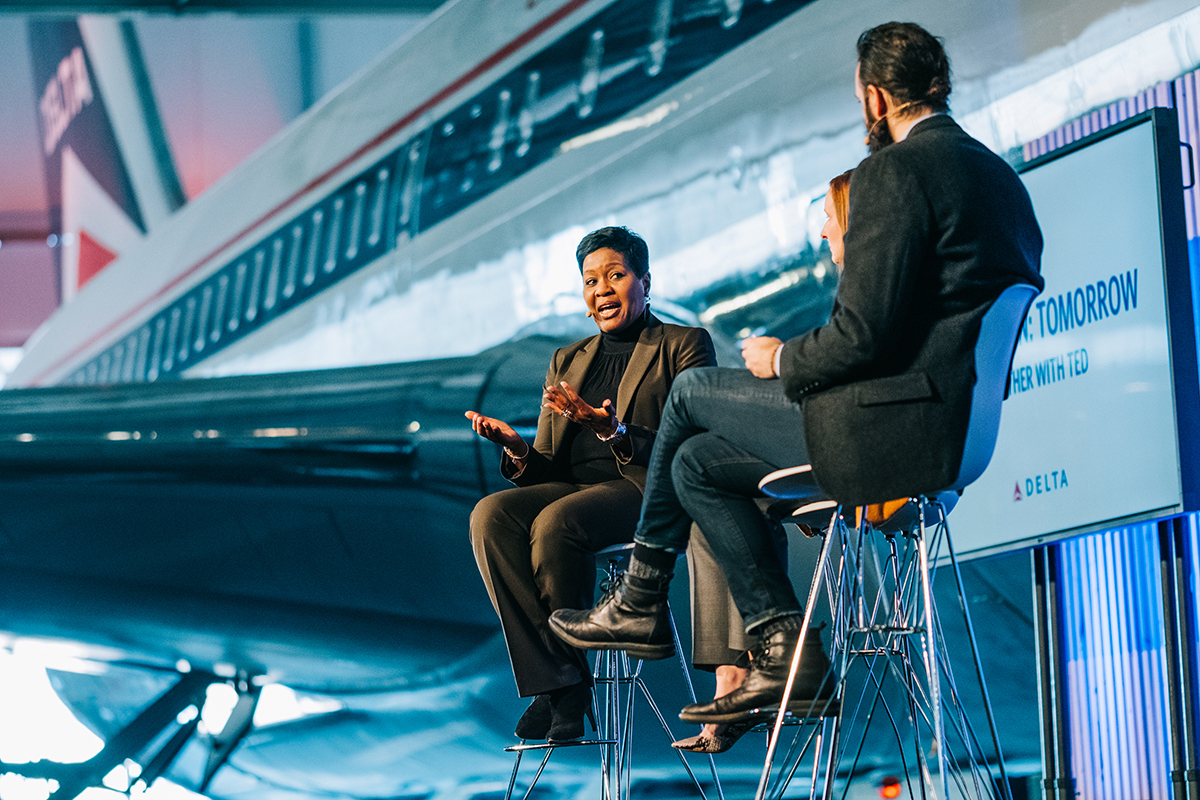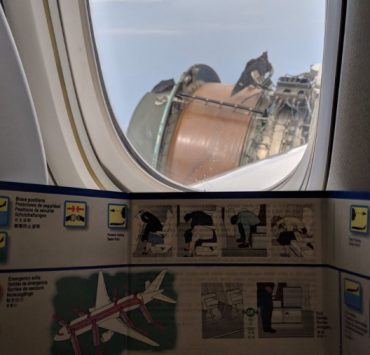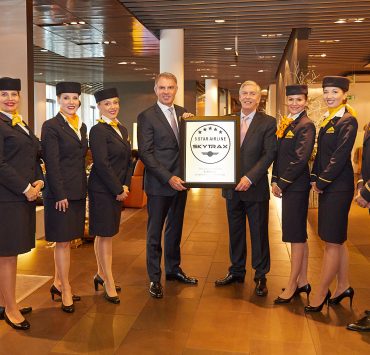
Forget fancy First Class suite’s or state-of-the-art in-flight entertainment systems – There’s one thing that has a bigger impact on the passenger experience than all other touchpoints combined. You might not believe it but it is, in fact, your Flight Attendant – the biggest cause of both passenger satisfaction and conversely, dissatisfaction.
And the one skill (or should we say emotion) that airlines wished all their in-flight crew possessed is empathy.
To understand exactly why airlines consider this skill so relevant, it’s important to first understand what empathy is. Often wrongly confused with sympathy, empathy in its simplest form is the ability to put oneself, metaphorically speaking, in the shoes of someone else.
Empathy is about sensing the emotions of others and being able to imagine what others are going through. Jeanie Brady, a veteran flight attendant with 27 years experience at Delta Air Lines explains it succinctly: “Everyone has a story”.
Sometimes that story is one of happiness and joy – but sometimes the story is one of sadness and heartbreak. As Brady summed up during a recent keynote speech: “Everyone is fighting a battle you know nothing about”.
Brady was addressing hundreds of her co-workers at a conference hosted by Delta in collaboration with TED. Its subject was on how empathy can contribute towards unmatched customer service. Explaining the purpose of the conference, Delta’s Julieta McCurry said:
“Empathy always has and continues to drive our experience design, service and delivery. With a new year, we renew that commitment.”
But why is empathy so important to an airline and hardly spoken about in other industries? We might think that jumping on a plane and flying to another city or country is just part and parcel of today’s everyday life. Yet everyone has a reason for getting on that plane.
To paraphrase Brady, it might be a family who has saved up all year to visit Disneyland – the flight is one of happiness and getting onboard is the start of their dream holiday. Or it could be a businessperson who is heading off to the most important meeting of her life – one that could make their fortune.
On the flipside, though, the flight could be transporting someone to the funeral of their loved one. Or perhaps a military wife or husband has just said goodbye to their partner who has been deployed on a dangerous overseas mission.
None of these passengers is wearing a sign that will tell you what they’re going through. But once onboard, they’re at their most vulnerable – they’re stuck in a confined space, isolated from their normal support networks, in a strange environment that they have no control over.
Not everyone has the ability to recognise the signs – to sense someone’s emotions and then treat them as an individual. It’s all too easy for flight attendants to switch onto auto-pilot – never engaging with customers and sticking rigidly to their service routine.
But the ones who can, as Brady says, “be kind, always” are the ones who can transform a passenger’s journey. These are the moment’s airlines are so desperate to capture – to attach human emotion to what can otherwise feel like a soulless assembly line.
Mateusz Maszczynski honed his skills as an international flight attendant at the most prominent airline in the Middle East and has been flying throughout the COVID-19 pandemic for a well-known European airline. Matt is passionate about the aviation industry and has become an expert in passenger experience and human-centric stories. Always keeping an ear close to the ground, Matt's industry insights, analysis and news coverage is frequently relied upon by some of the biggest names in journalism.









